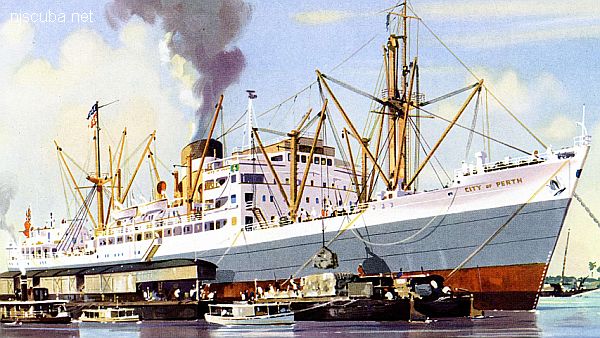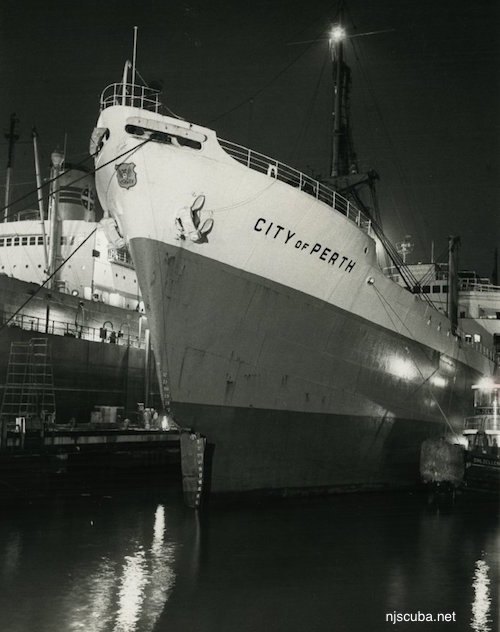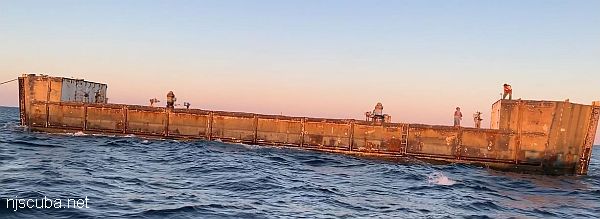Pinta (2/3)
Ships Collide, One Sinks
Red Bank Register
Wednesday, May 8, 1963
7c per copy
HOBOKEN (AP) — An English freighter that rammed and sank a small Dutch ship Pinta off the New Jersey coast landed here early today with 12 survivors of the collision.
Eleven, men and one woman were picked up from the Pinta after its collision yesterday with the City of Perth.
There ware no casualties, although the captain of the Pinta disembarked with a bandage on his bruised right arm.
The vessels collided at 6:59 p.m. EST some 15 miles south of the entrance to New York harbor and off Shark River, N. J., just south of Asbury Park.
The Pinta sank within 48 minutes in 66 feet of water about five miles off the coast.
The City of Perth docked at the Behlehem Shipyard at 1:30 a.m. but only the Dutch Master, Capt. Alie Korpelshoek of Katwijk, Holland, came off.
He conferred immediately with an attorney for the Pinta.
Capt. Korpelshoek, 37, told reporters he was under orders not to say anything, but in answer to questions he said that after his ship was struck broadside he ordered it abandoned.
"Leave the ship, I tell them," he said.
All the Pinta's complement left In one rowboat.
The first one into the boat was Mrs. Maria Wollenswinkel-Huiveniers of Utrecht, the only woman aboard. The attractive blonde woman is the wife of the first mate and ships stewardess.
Ten other men of the Pinta followed and the captain came off last. The captain, married and a father of five children, returned aboard the Perth to spend the night. He and. the crew were to be taken off later today by Immigration and quarantine authorities.
The grey and white City of Perth, its name spelled out in bright lights amidships, showed slight damage at the bow near the waterline. The 7,547-ton vessel, 485 feet long, smashed into the smaller Pinta amidships.
Asraf Ali of Sitagon, Pakistan, seaman of the Perth, said there were "21 sailor men aboard the Perth." Ali, in broken English, said the crew, mixed Pakistani and Indian, were resting when the collision occurred. "It was quiet when I hit," he said.
The vessel, riding high in the water, was lightly laden and bound for Newport News, Va., to pick up cargo.
The Pinta, 500 tons and 194 feet long, was inbound from the West Indies with a load of lumber when the collision occurred.
The dutch vessel began taking water and within 19 minutes the crew had abandoned ship and rowed toward the Perth.
The full extent of damage to the Perth cannot be determined until she is put in drydock, said Douglas Mansell, an official of the shipbuilding division of Bethelhem Steel Corp.



